Defending multilateral rules-based international order would be a focus of EU in the upcoming G20 summit in Argentina later this week. European Commission President Jean-Claude Juncker and European Council President Donald Tusk outlined the key issues in a joint letter today, including global confidence, fair globalisation and trade, climate change, Africa-Europe Alliance etc.
On trade, they warned that “the rules-based multilateral trading system is facing a deep crisis” and the “entire system” is at risk. They also criticized that “the longstanding G20 commitments to keep markets open, to fight protectionism and support the multilateral trading system, risk becoming empty words.”
EU will promote “a positive trade agenda, including the reform of the three functions of the World Trade Organisation (negotiating, monitoring and dispute settlement functions”. And it urged that “G20’s support can be instrumental in providing political impetus to the trade discussions in Geneva”.
EU’s “Facts and figures about the European Union and the G20” booklet here.




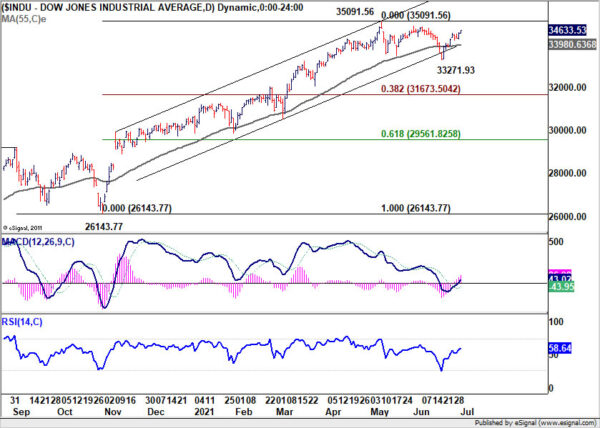
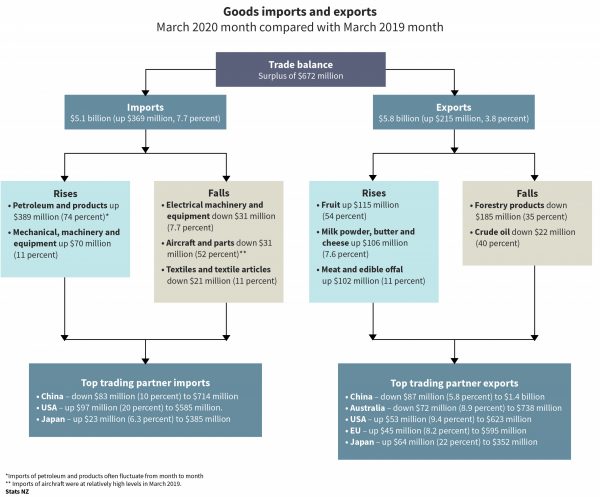
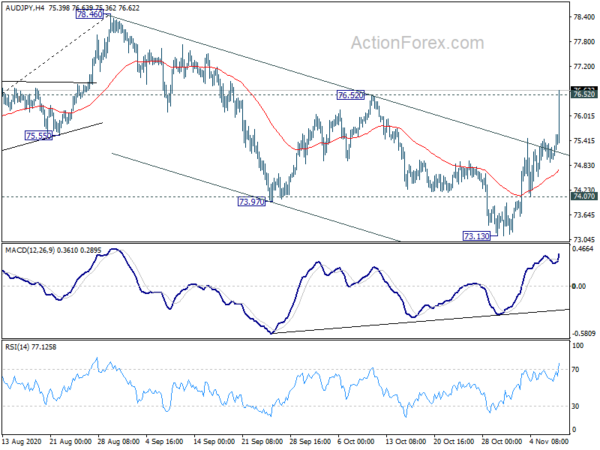
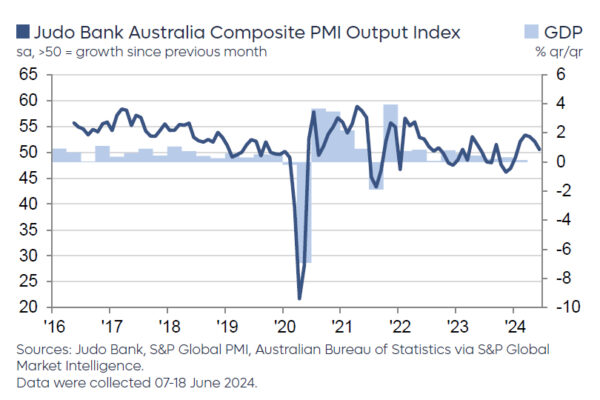
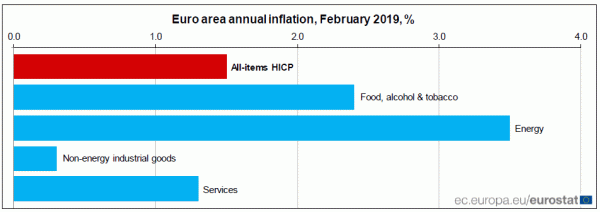
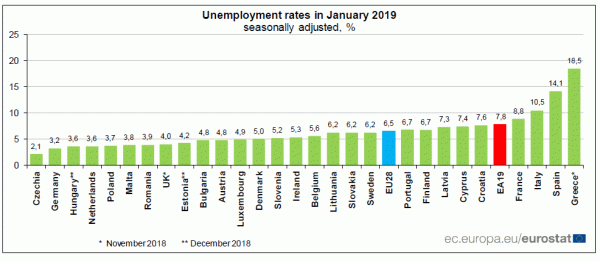
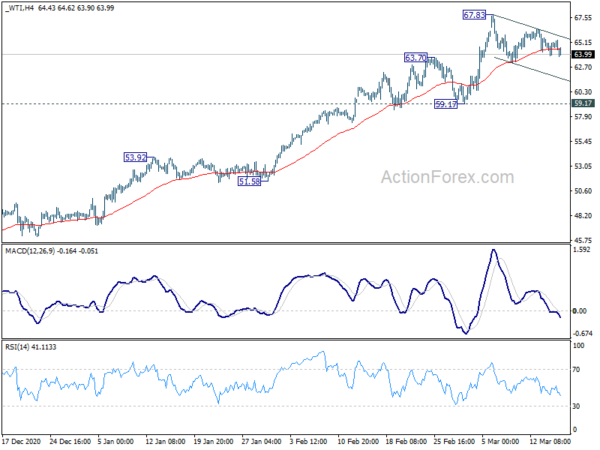
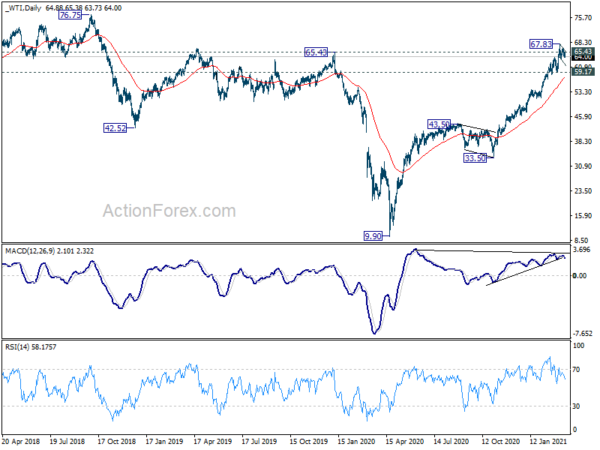
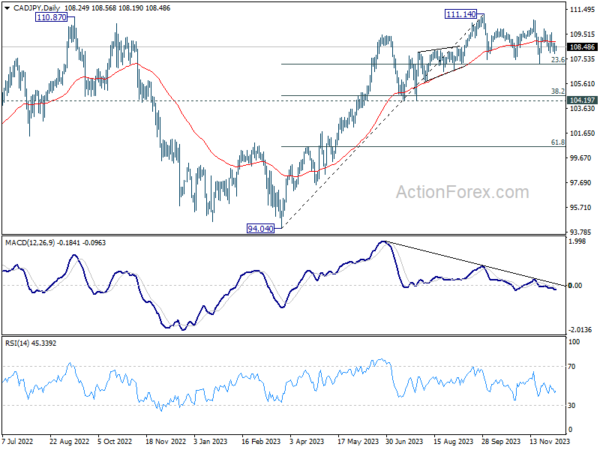
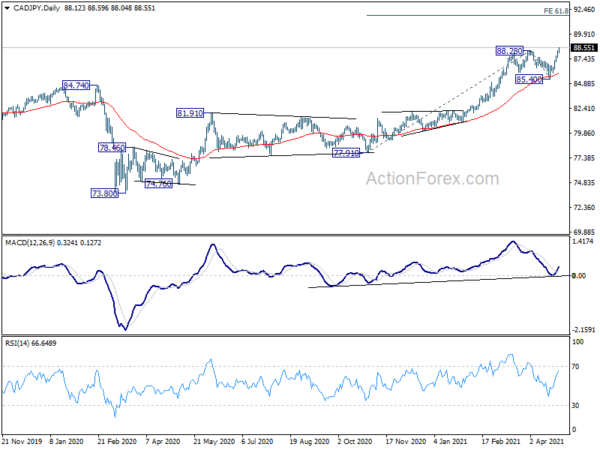
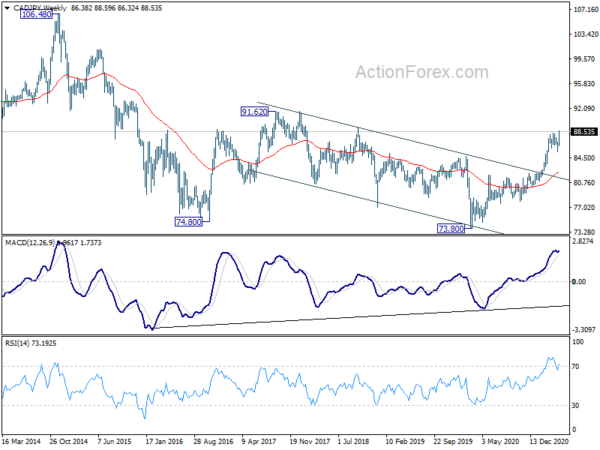
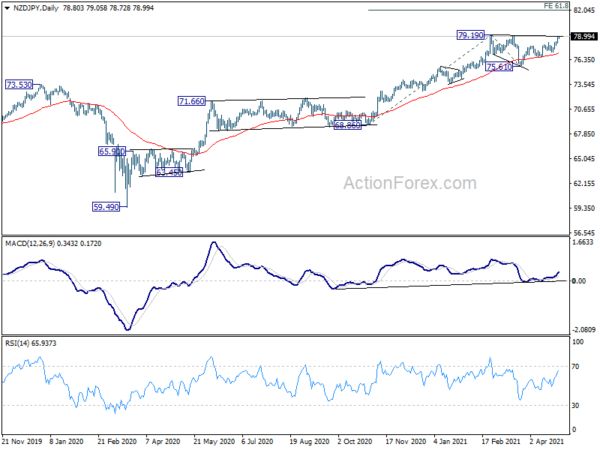
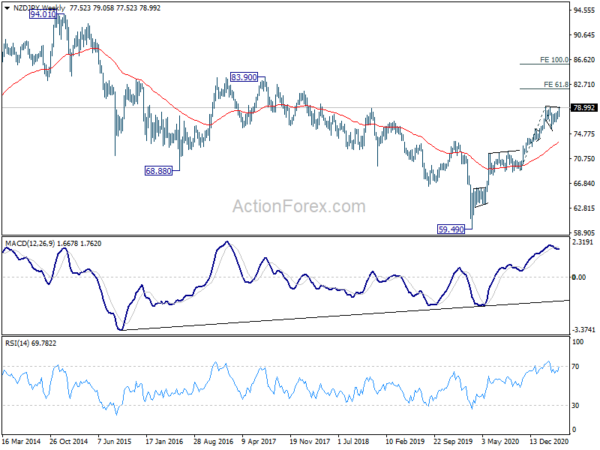
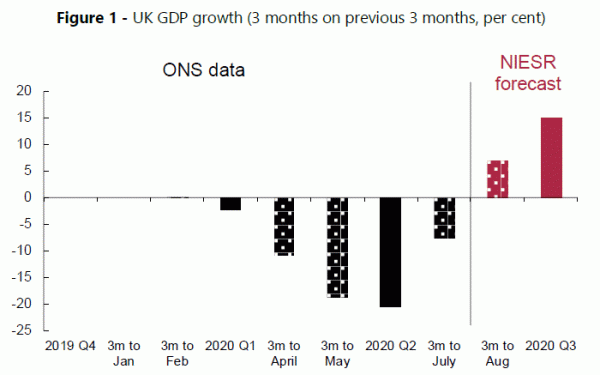
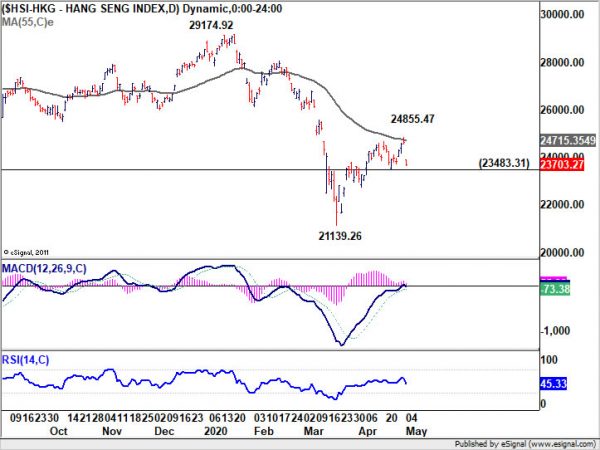

Abe steps down as Japanes PM on health issue
Japanese Prime Minister Shinzo Abe confirmed in an announcement that the is resigning due to worsening health. He said in a news conference, “I am not confident of responding to the trust of the people while I am dealing with my illness and treatment and my health is not good,”
“I cannot be prime minister if I cannot make the best decisions for the people. I have decided to step down from my post.” He added that he won’t comment on his potential successors.